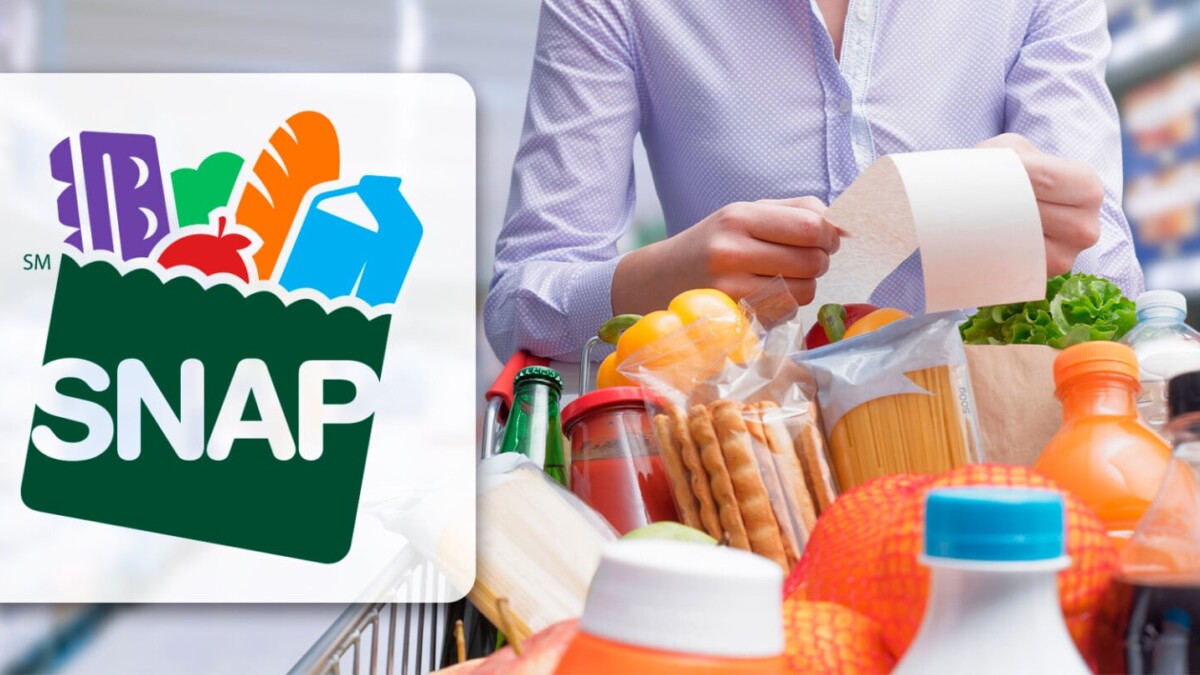A state in the United States could expand the benefits of the Supplemental Nutrition Assistance Program (SNAP) food coupons with the approval of a bill.
Indice
Alaska’s Legislative Move: Bill SB 149
Alaska proposes Bill SB 149, introduced just a few days ago, which, if approved, would bring changes that would favor eligibility to obtain these coupons.
If given the green light, this part of the United States would increase the household income requirement from 130 percent of the federal poverty threshold to 200 percent.
This proposal would provide relief in this state to those who were left out of the program after the government implemented new requirements to obtain it.
State Flexibility in SNAP Management
And although the rules indicate that it is the government that decides how the eligible are selected, each state has the possibility to manage the program in the most convenient way for its residents.
That is why Alaska has decided to propose the changes, as many more people could benefit from the sought-after coupons; in fact, state figures indicate that one in eight residents in the state would benefit from the reforms.
Innovations and Simplifications in the Proposal
The bill also proposes the creation of a new system to apply for it online and to dismiss the SNAP asset test requirement, prone to errors and where Alaska precisely ranks first in the error rate in the country.
It is important for residents in the state to know that the change in the household income requirement corresponds with the broad-based categorical eligibility (BBCE) policy.
This is a “policy by which households can become categorically eligible for SNAP because they qualify for a non-cash benefit funded by Temporary Assistance for Needy Families (TANF) or a state-funded maintenance of effort (MOE) benefit,” the federal government indicates. If approved, it would come into effect on July 1, 2025.
Impact on Food Security and Economic Crisis
The food that reaches the country’s households through the SNAP program helps families with no or low economic incomes survive amidst the current economic crisis the country is experiencing.
With the proposed changes in this project, the region would address the food crisis to a greater extent, modernize its eligibility system, and reach more economically unprotected people and families.
✅Para Recibir TODAS las Noticias GRATIS 👉Síguenos desde Aquí

